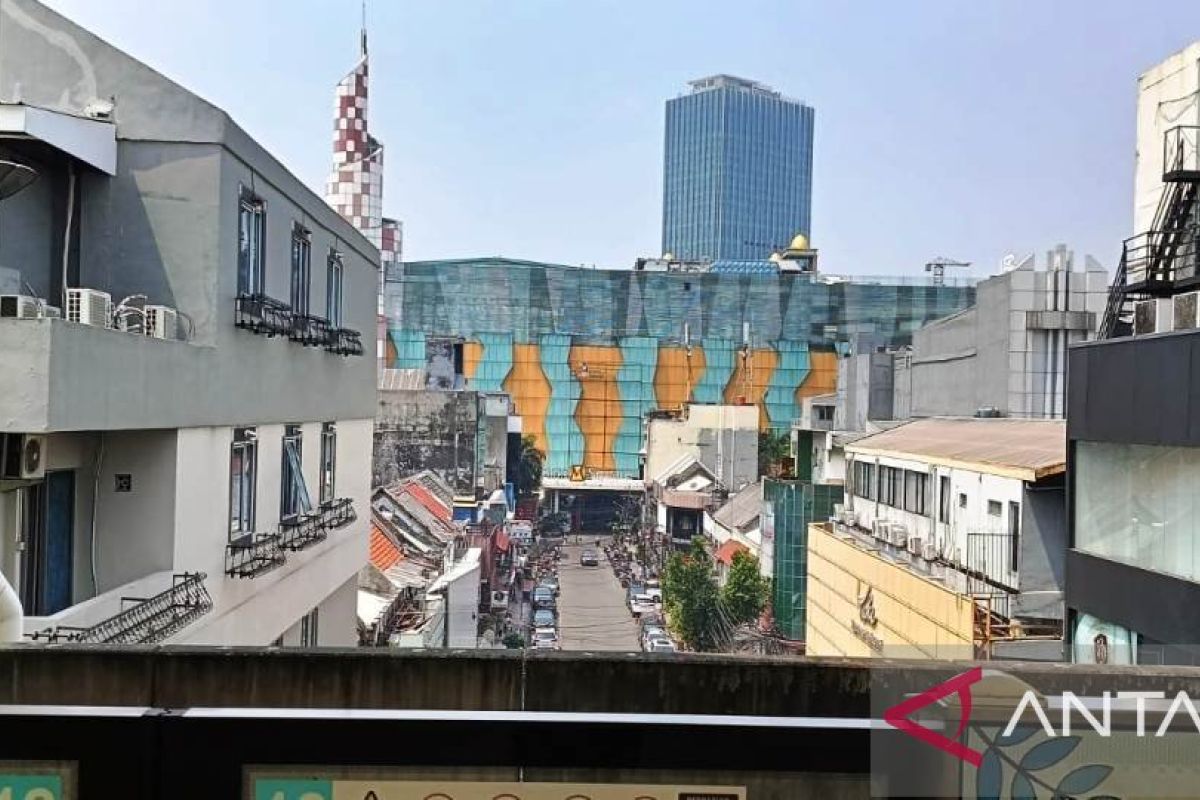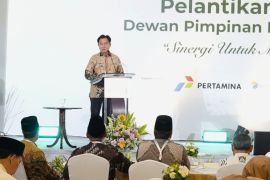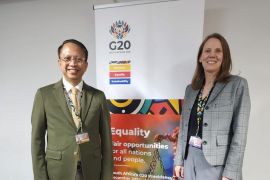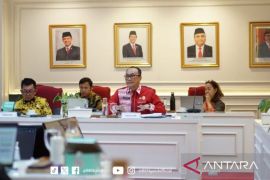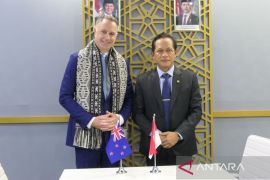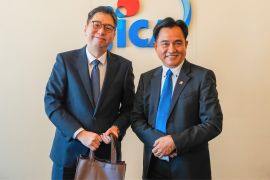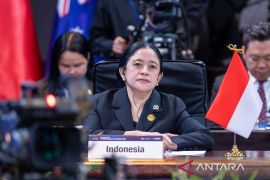According to secretary general of the National Committee on Governance Policy (KNKG), Sidharta Utama, governance can be interpreted as the government and business sector's efforts to prioritize environmental and social aspects in their activities to gain public trust.
It is deemed essential for the business sector to not only focus on the financial aspect in carrying out activities, but also the environmental and social aspects, besides ensuring the sustainability of those activities.
To garner public appreciation, an organization must prioritize the environmental and social aspects in its activities.
Utama further said that organizations that sustain in the long term are those that work to build the economy, society, and environment at the same time.
Guidelines for GRC
In its implementation, governance is often integrated with risk and compliance, known as governance, risk, and compliance (GRC).
The government has issued a guideline for the implementation of the GRC, namely through the Indonesian Corporate Governance General Guideline (PUG-KI).
The guideline has been translated by organizations, including companies, into regulations. The government of Jakarta province has incorporated it in a regional regulation concerning the implementation of GRC in companies under the provincial government.
The head of CRMS Indonesia Governance Management Training School, Antonius Alijoyo, said that effective GRC implementation helps companies boost their performance safely and well. This is because it is supported by increasing public and investor trust.
In this regard, companies are currently expected to start implementing not only the GRC but also ESG (environmental, social, governance), which is currently a trend among global companies. This is aimed at making companies build resilience and agility in carrying out activities.
In order for GRC implementation to run and develop sustainably, it must become a culture within the company. It also requires leadership that has high commitment to implement it.
Every year, the number of companies implementing GRC continues to increase. This is reflected by the 14-percent increase in the number of companies that participated in the GRC assessment this year compared to the previous year.
Making improvements
The good implementation of governance is often used as a reference to prepare future strategies. Some companies even refer to it before deciding whether they will retain a side business or let it go.
Lately, it has been a trend for companies to reposition their core businesses to focus on facing competition. Some companies even evaluate whether their side businesses have made a positive contribution to their core businesses or not.
There are a number of strategies that are implemented if a side business is not considered optimal. One of them is improving GRC implementation. There are also companies who let go of their side businesses' ownership because they want to focus on their main business to avoid risk.
Governance and risk assessment are also often used to manage debt so that a company's performance remains good in the future. One public company did not even hesitate to let go of some of its hospital shares so that it could focus on its main business, which was not linked to the health service sector at all.
However, there are also some companies that have let go of the ownership of their subsidiaries because they are considered no longer capable of facing future business challenges.
The Jakarta provincial government is one of the regional governments that is strictly implementing GRC in its region-owned enterprises (BUMD). The aim, in addition to supporting existing programs, is to encourage them to become independent in seeking income, like other companies.
One example is the management of the Jakarta International Stadium (JIS) in East Jakarta. The BUMD that manages the stadium needs to maintain the continuity of the stadium, which was built at a cost of Rp4.5 trillion (around US$289.63 million), by holding sports and entertainment events.
The Jakarta government and the BUMD under it are continuing to improve JIS infrastructure to ensure it meets international standards. The improvements made so far have included visitor access, transportation, parking lots, and several other facilities.
To this end, the implementation of GRC as the main principle in carrying out activities is a necessity to ensure the facility can be sustained for a long time.
Jakarta's status as a business city after losing the capital city tag to Nusantara makes the implementation of GRC, both in the government and business entities, very important, especially to face any challenges that emerge in the future.
Through good risk management and structuring, organizations can quickly adapt to the changes that emerge on the way. Through GRC itself, the business units can prepare to make changes in the future.
With GRC, it is never too late to make changes, which must seek to guarantee the availability of resources. This means that companies must not focus on their own interests but also think about the environment and the surrounding community to provide support.
Related news: Regions urged to apply digital governance to optimize public services
Related news: VP underscores need for reform in labor market governance
Translator: Ganet Dirgantara, Raka Adji
Editor: Azis Kurmala
Copyright © ANTARA 2024
